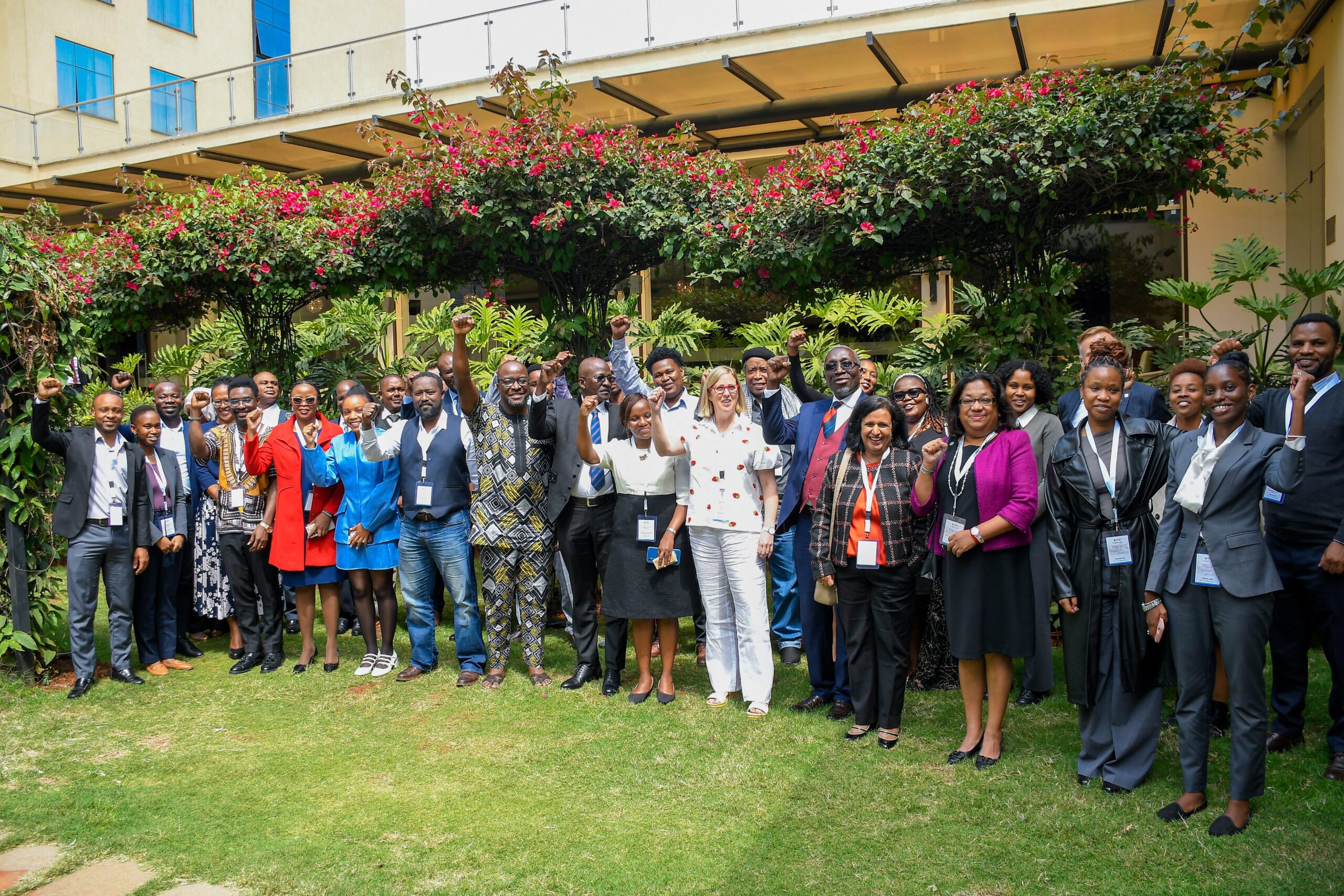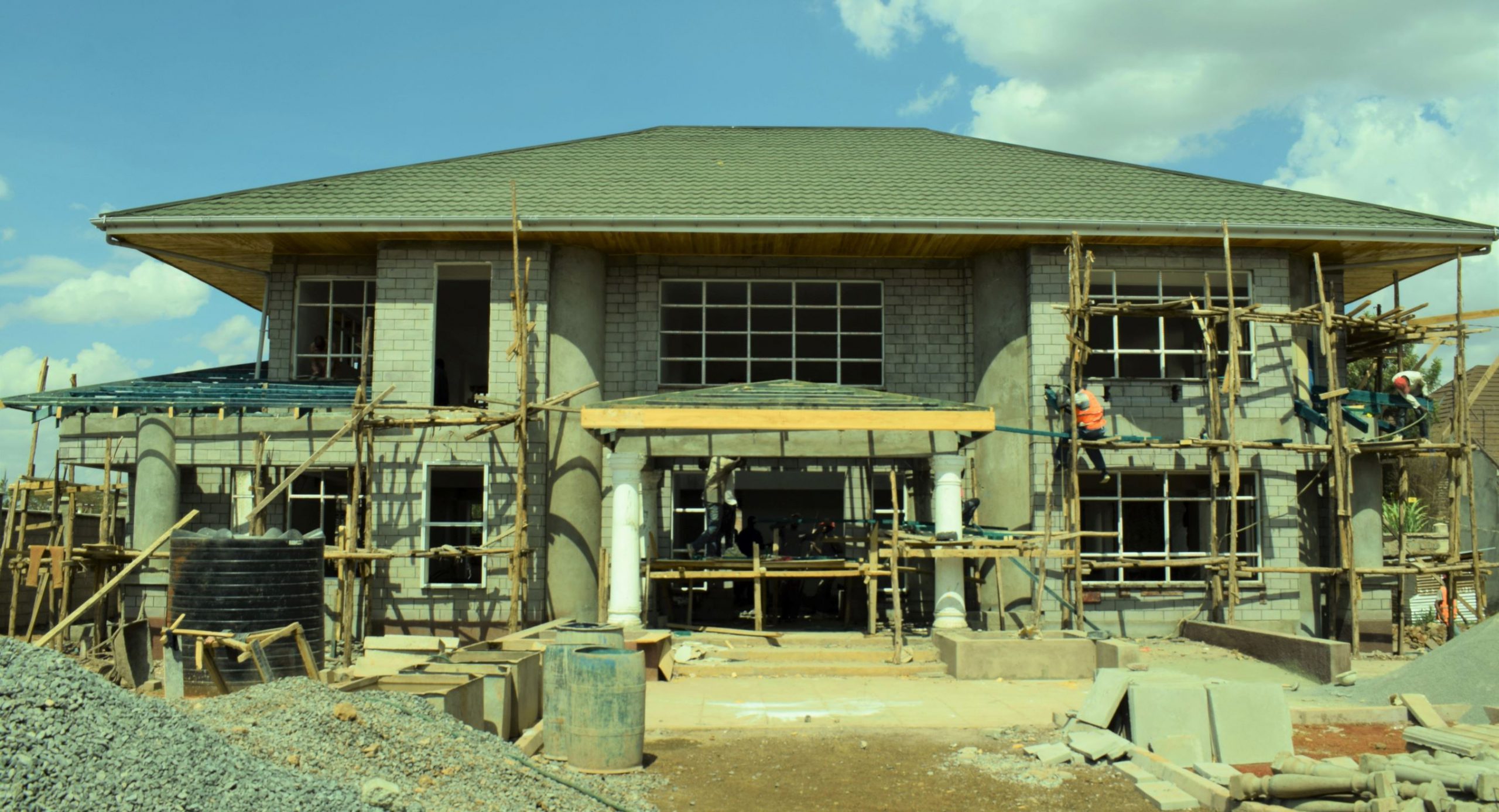By Sarah Nyakio
As the world celebrates the 26th edition of World Press Freedom Day on May 3, 2019, there will be many opportunities to reflect on the state of the practice of journalism.
Media, since time immemorial, has played a crucial role in bringing the dream of democracy within reach, ensuring the realization of a government of the people, by the people and for the people.
Media platforms across the globe have played a crucial role in fostering a democratic and just society through independent, factual and well-investigated reporting. Despite the utility of media not being in question, government and an uninformed society have presented hurdles. Governments, in developed and developing countries, have opted to silence the media, more so, in situations where underhand activities thrive. The killing of Saudi journalist Jamal Khashoggi brought into sharp focus a harsh and sad reality in which the media and its freedom is curtailed by forces that appear to have no limitations.
Crippled by internal and external factors, the media in Africa has fallen short of its objective to consistently champion the truth and has inadvertently contributed to the state of failed nations across the continent.
Many African nations have endured authoritarian rule for decades, with such governments extending their tentacles into media operations. Exclusion, diminished space as witnessed in South Sudan where journalists have disappeared and the media are weak and incapable of standing up for their rights. In Kenya, the government barred the media from broadcasting the opposition party’s self-appointment into the presidency. Four TV channels were shut down at the start of 2018 for defying the president’s ban on live coverage of opposition leader Raila Odinga’s mock inauguration as the people’s president.
Hatred for journalists has degenerated into violence, contributing to an increase in fear, according to the 2019 World Press Freedom Index compiled by Reporters without Borders (RSF). The number of countries regarded as safe, where journalists can work freely and safely, continues to decline, while authoritarian regimes continue to tighten their grip on the media.
Such governments have tried to limit freedom of expression and to control information that might portray them in a negative light. In March, Burundi extended the ban on Voice of America and BBC.
Policies, such as a tax on social media in Uganda, have negatively impacted the media, as financial constraints have constrained the ease in which information is gathered and disseminated. The lack of financial independence also leaves the media at the mercy of financers. Financial instability has crippled media platforms and adversely affected aspects such as independence.
Governments whose media freedom credentials do not pass muster, together with a media illiterate society has flowered the rise of impunity, lacklustre and an unreliable media. Society plays an important role in ensuring accountability over the content delivered. An informed society can vet the legitimacy of various media sources, and by so doing push aside false news. The public should rationally weigh in on the accuracy of published data by condemning false news. The future of democratic pluralism and the defence of human rights are dependent on the right of all citizens to receive reliable and useful information.
Channels such as African Uncensored and The Elephant continue to pioneer pathways towards independent and credible reports that show that independent media are alive and well. Documentaries such as the ‘Profiteers’ and ‘Inspector Fisi’ have spearheaded the path towards a brighter tomorrow.
The media, despite the harsh conditions they are forced to operate in, still have the potential to independently spearhead the realization of a democratic society. Such steps by channels such as Africa Uncensored, continue to breathe hope into the lungs of a society struggling to live in a not so democratic environment.
Today acts as a reminder to governments on the need to respect their commitment to press freedom and is also a day of reflection among media professionals about issues of press freedom. Just as importantly, World Press Freedom Day is a day of support for media who are targets for the restraint of press freedom. It is also a day of remembrance for those journalists who lost their lives in the pursuit of a story.
It is in all our interest to build societies that fight for the freedom of expression and that of the media. If in the next 10 or 20 years journalism diminishes as the state would prefer it will undermine democracy and promote dictator governments.
When freedom of expression and safety of journalists are protected, the media will play an important role in preventing conflict and promoting democracy. SDG 16.10 on public access to information and fundamental freedoms cannot be achieved without an independent media which can help in achieving all SDGs.










